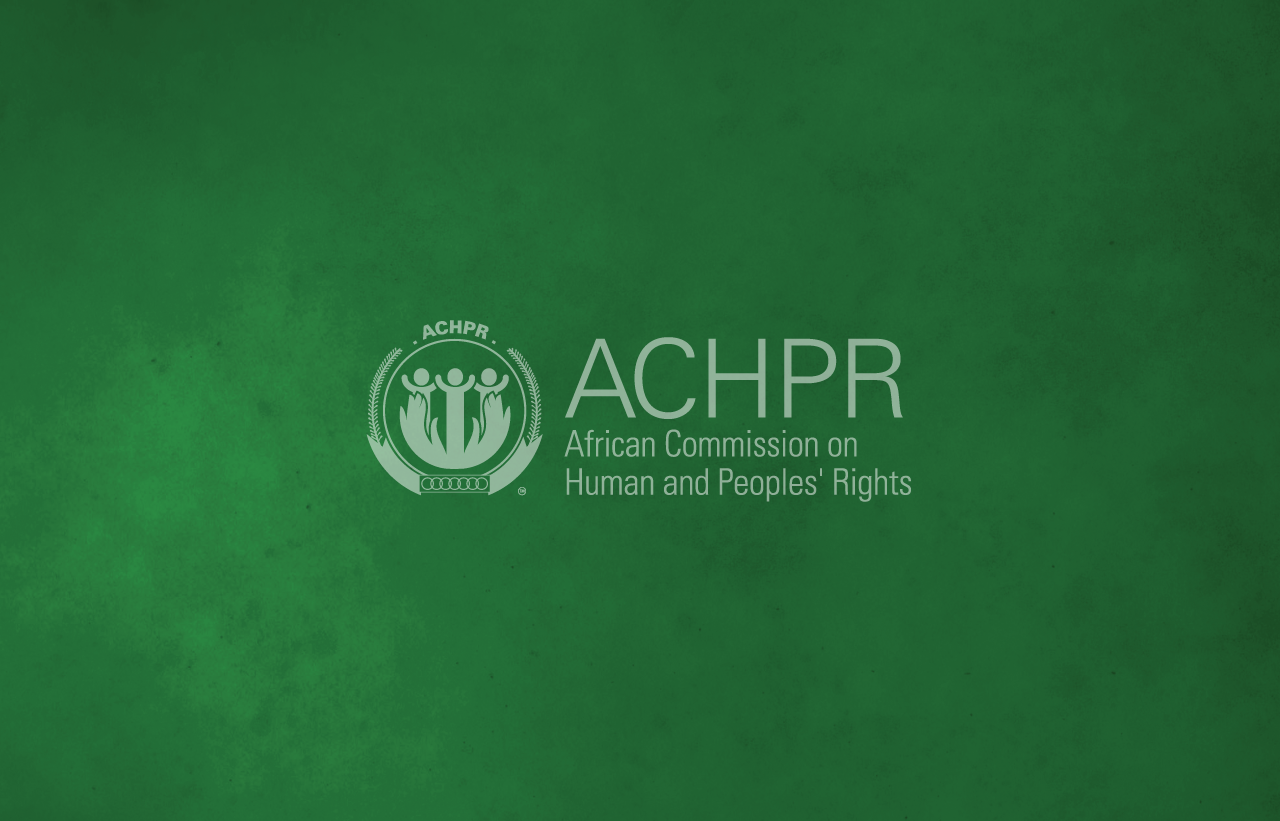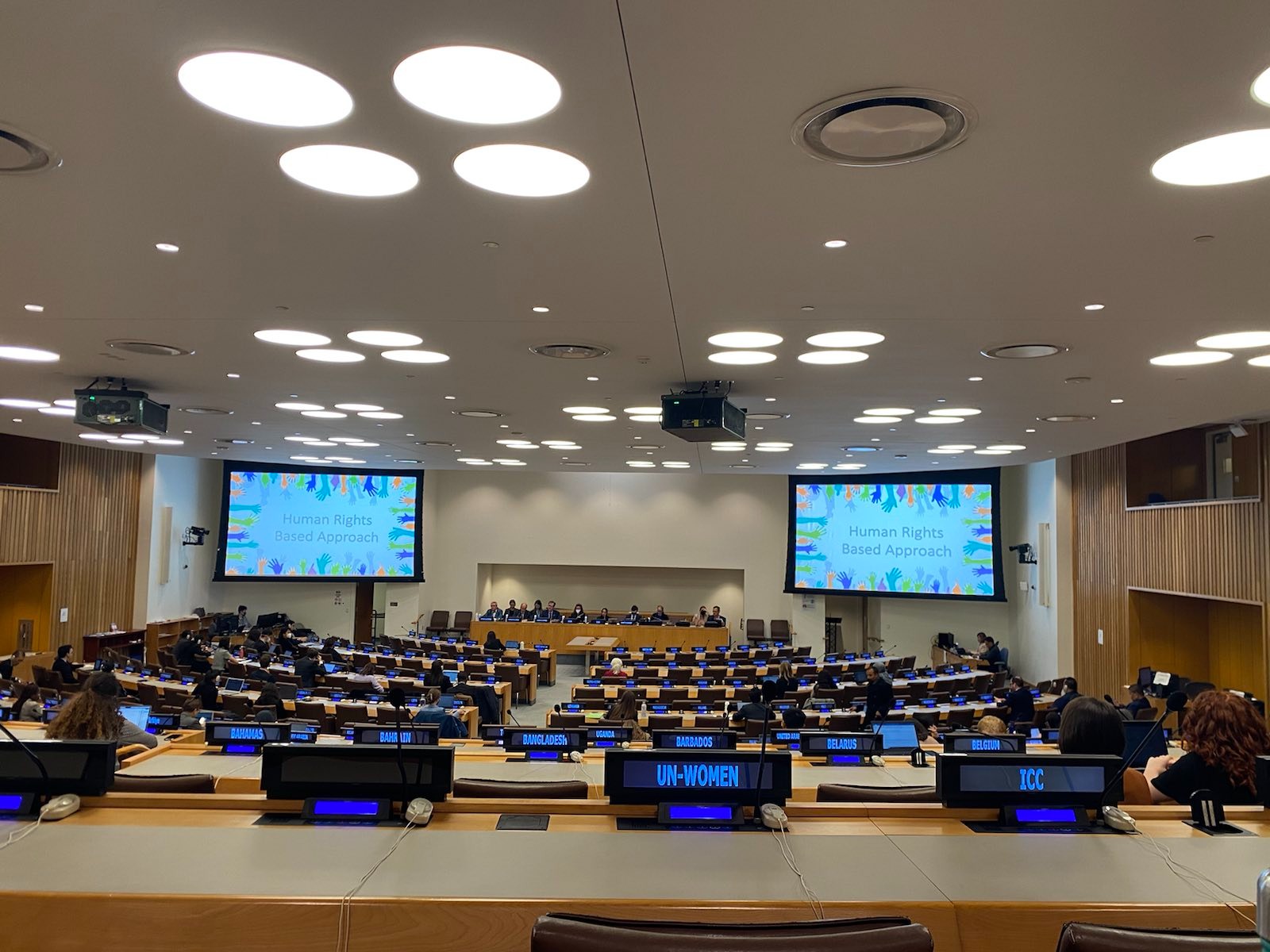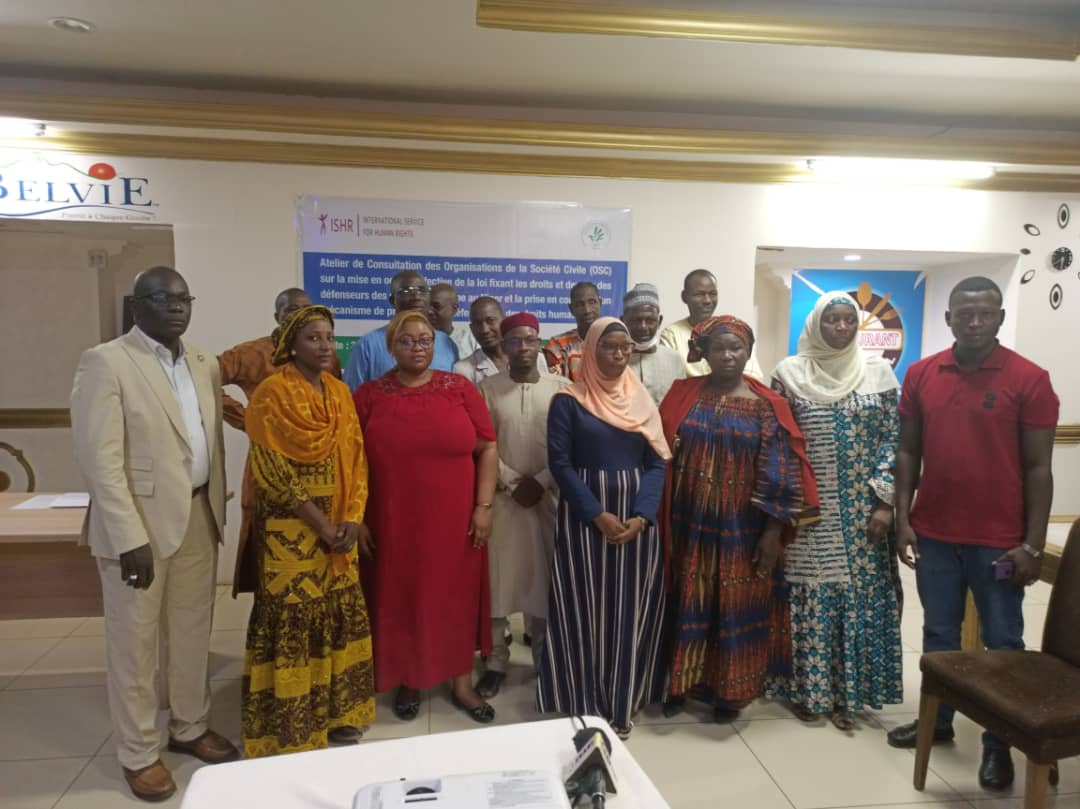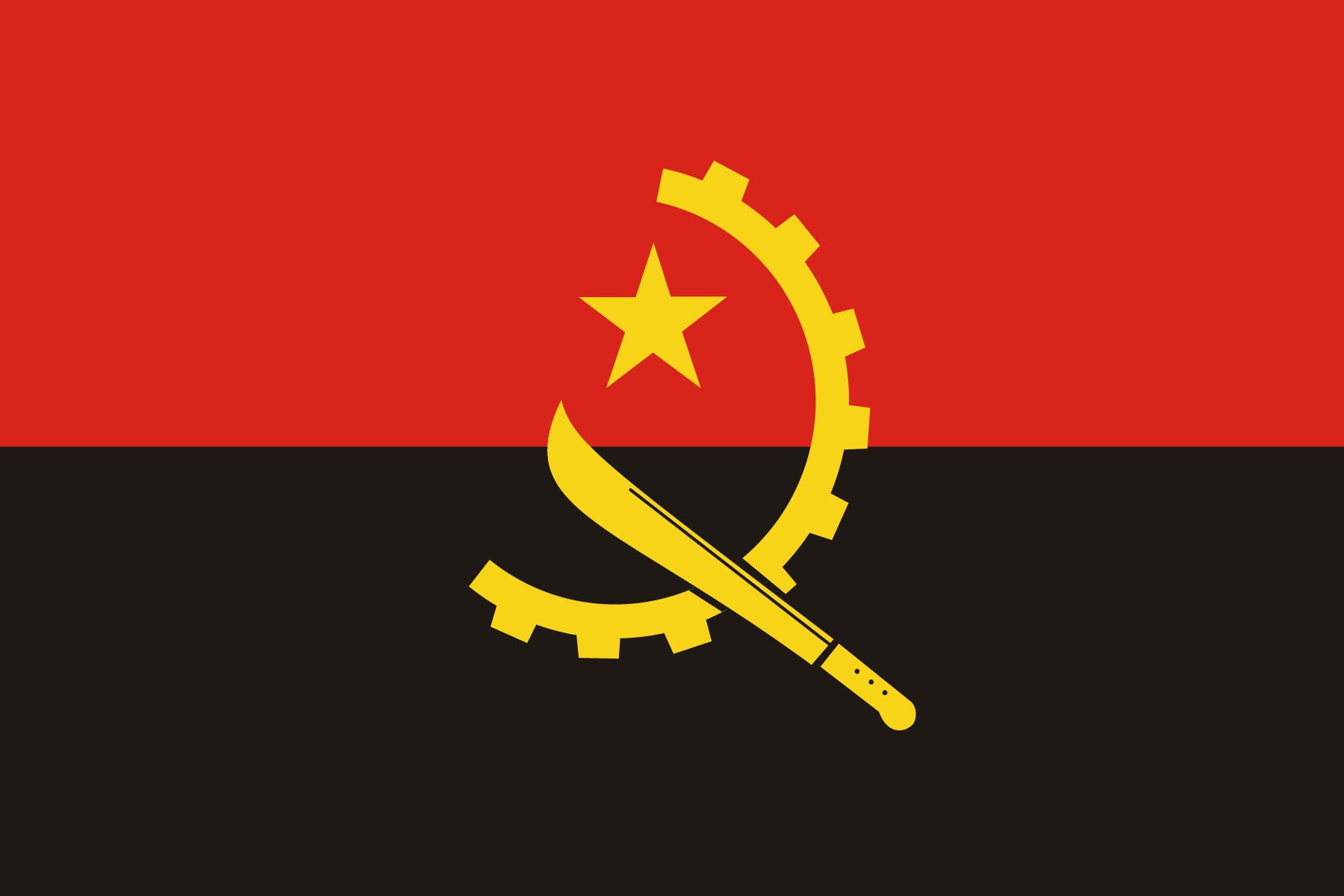The Third Committee interactive dialogue with Special Procedures last week brought together multiple UN experts. Special Rapporteur on promotion and protection of human rights in the context of climate change Ian Fry presented his first thematic report to the General Assembly’s Third Committee. The report expands on the devastating impacts of the climate crisis on human rights, including heightened risk to the right to life, health, food security, development, self-determination, work, adequate housing, freedom from violence, trafficking and slavery. Additionally, the report underscores the multi-faceted challenges faced by environmental human rights defenders (EHRDs) and makes recommendations to address such challenges.
The report strongly condemns current decision-making processes in that those who are most affected by climate change are least able to participate. Criticising the ‘participation disconnect’ due to the corporate capture by ‘business elites with interests in the fossil fuel and carbon-intensive industries that have disproportionate access to decision-makers, he calls for an urgent need for new participatory processes that include the most vulnerable.
In addition to a lack of access and participation in decision-making processes, climate defenders face serious risks including reprisals from governments and businesses supporting the fossil fuel industry – death, criminalisation and harassment. A disproportionate five out of seven mass killings of defenders recorded in 2020 were of indigenous peoples. Indigenous women acting as environmental defenders face additional obstacles to their well-being, such as sexual violence, sexual discrimination, harassment of their children and families and increased vulnerability to mistreatment from State forces and armed groups. The Special Rapporteur expresses specific concern for Egyptian climate change defenders that may be targeted and harassed for participation in protests during the 27th session of the Conference of Parties to the United Nations Framework Convention on Climate Change (COP27) to be held in Egypt.
Some of the recommendations for the protection of climate defenders in the report include establishing an international tribunal for the prosecution of perpetrators of violence against and the killing of environmental and indigenous human rights defenders, and enhanced participatory processes at future COP conferences as well as the General Assembly.
Special Rapporteur on the issue of human rights obligations relating to the enjoyment of a safe, clean, healthy and sustainable environment, David R. Boyd presented his report on the role of the human right to a clean, healthy and sustainable environment in achieving the Sustainable Development Goals(SDGs) to the Third Committee during the Interactive Dialogue. The report states that in relation to the SDGs, States have a procedural obligation to ‘protect environmental human rights defenders from intimidation, criminalisation and violence, diligently investigate, prosecute and punish the perpetrators of those crimes and address the root causes of socio-environmental conflict’. Boyd emphasised the need for a decade of truly transformative action’, including taking proactive measures to protect and prevent atrocities against EHRDs.
In 2020, there were a total of 227 reported lethal attacks against land and environmental defenders. Multiple States, including the United States of America and Switzerland, echoed concerns regarding threats and reprisals faced by EHRDs. The European Union sought recommendations about initiatives that could be implemented to prioritise and protect EHRDs. Recognizing the urgency of the situation and the need to proactively prevent reprisals and protect EHRDs, support from the States was positively welcomed by the UN climate experts.
‘Even as they work to address one of the greatest crises affecting society, EHRDs are one of the most at-risk-groups, whose lives are constantly in jeopardy due to reprisals by both state and non-state actors. We therefore welcome these strong recommendations from the UN Special Procedures which urge States and non-State actors to recognise their vital role in decision-making, and ensure accountability for the violations of their human rights,’ said ISHR’s Maithili Pai.
Download as PDF




